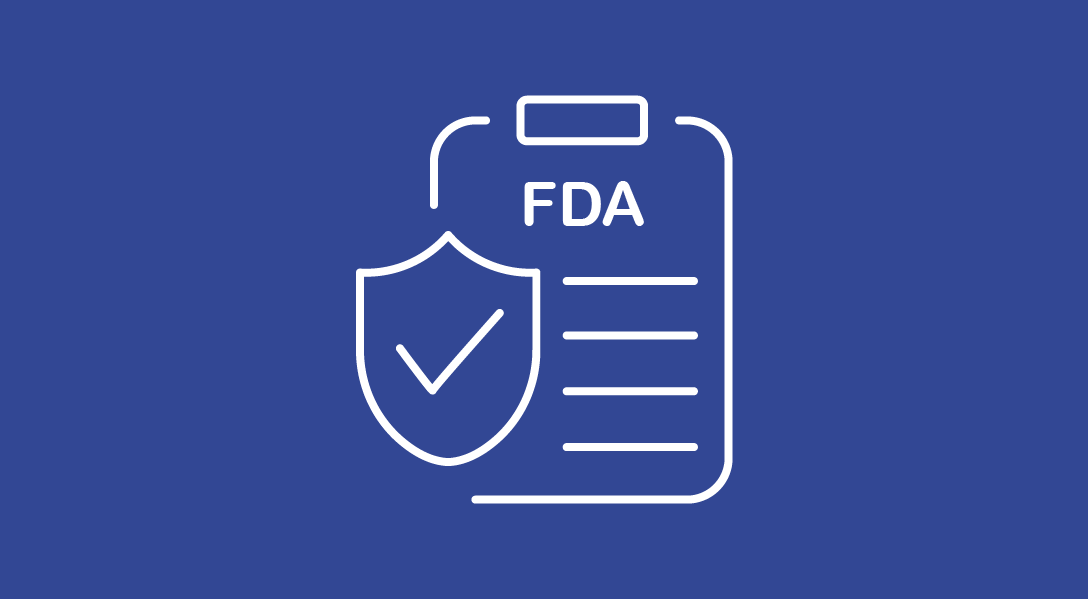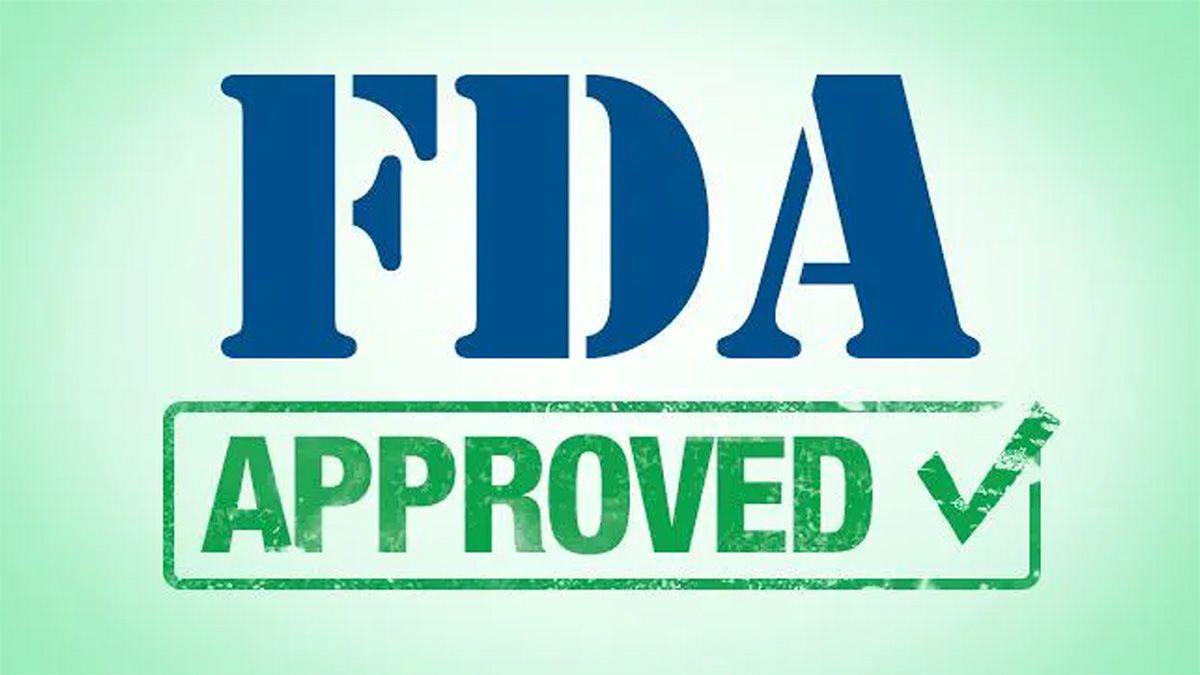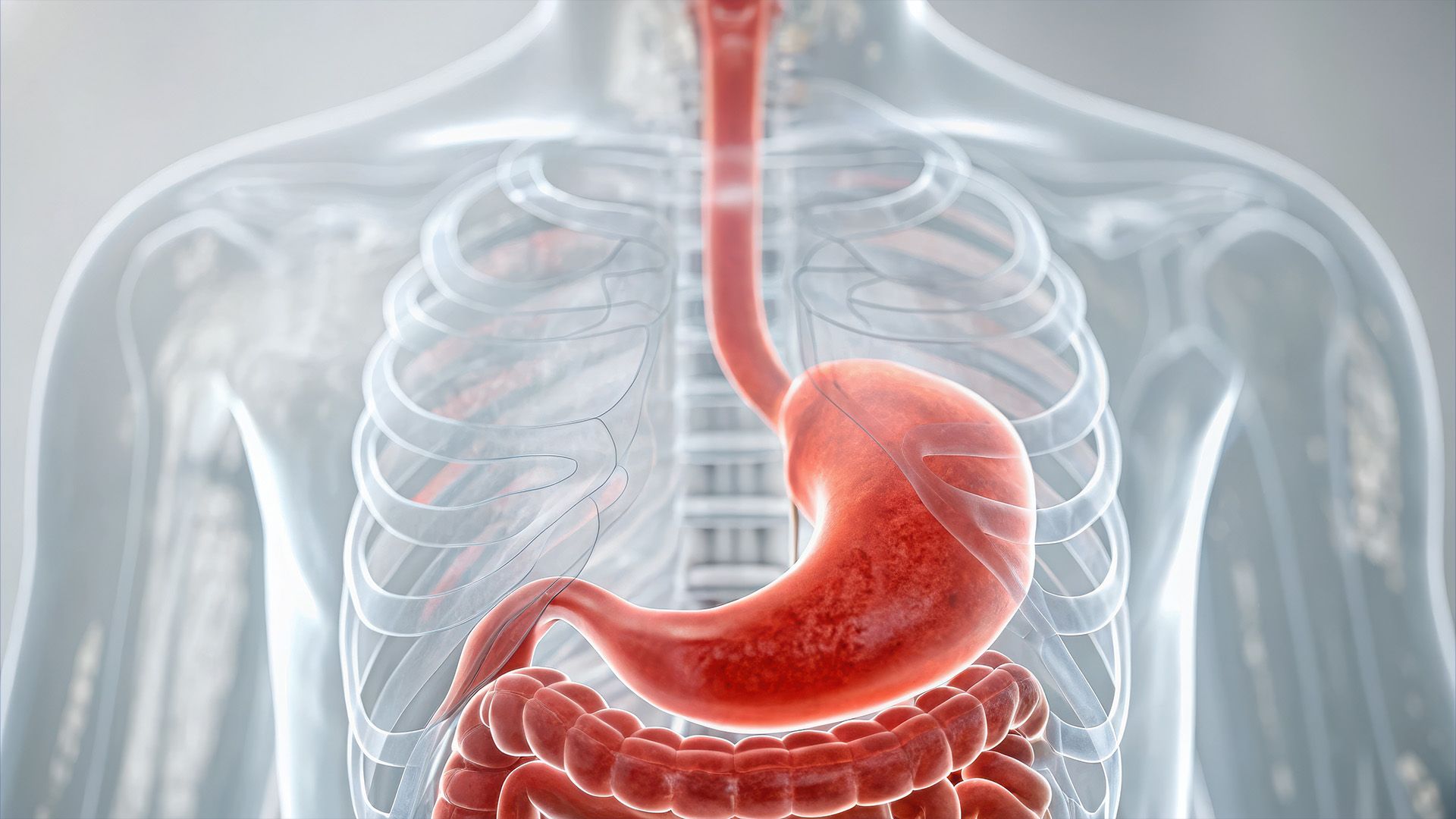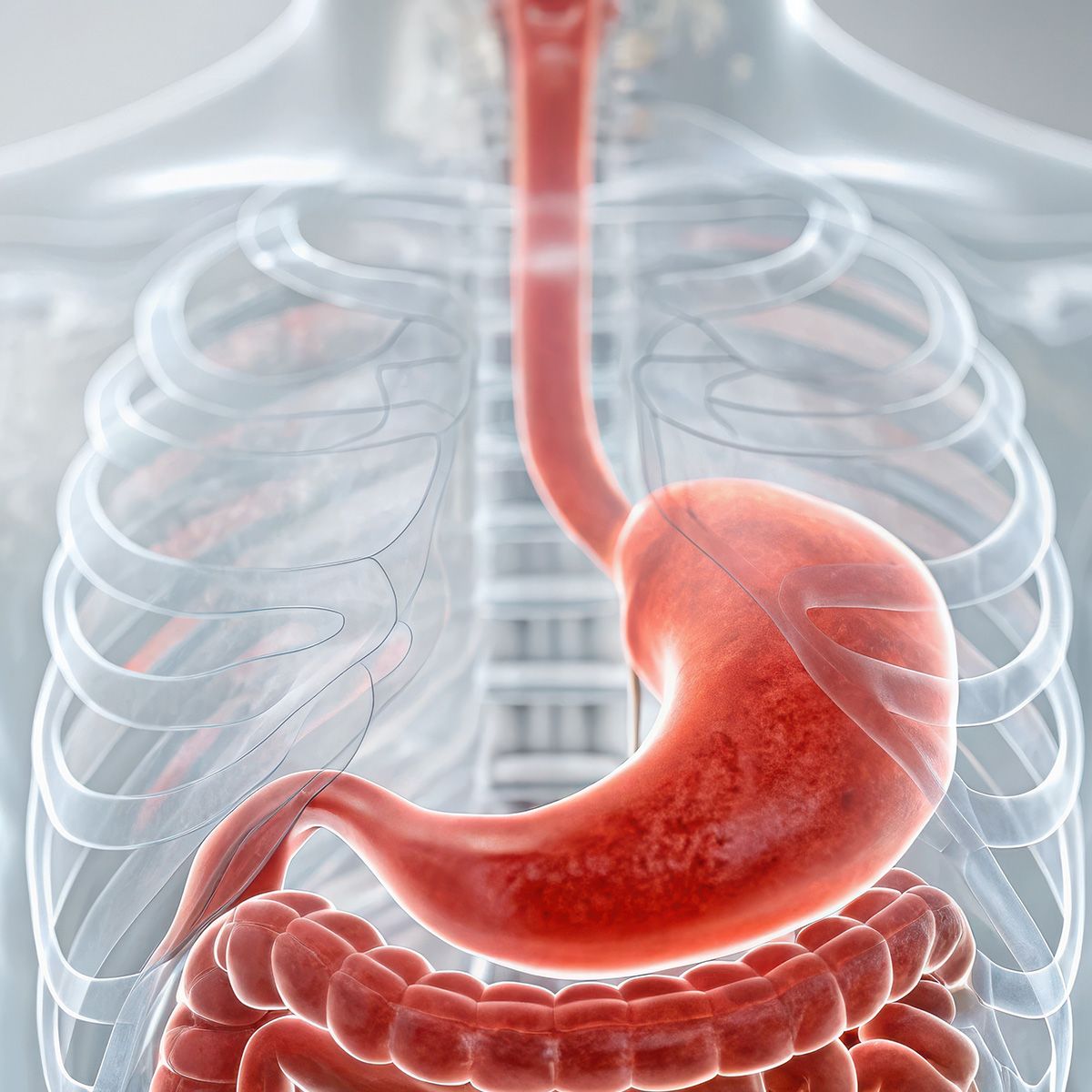
Gastric Cancers
Latest News
Latest Videos

More News
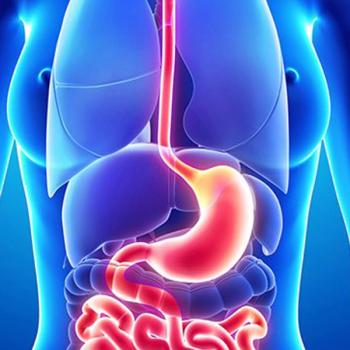
T-DXd led to improvements in OS, PFS, ORR, and DOR compared with ramucirumab/paclitaxel in the second line for HER2-positive gastric and GEJ cancer.
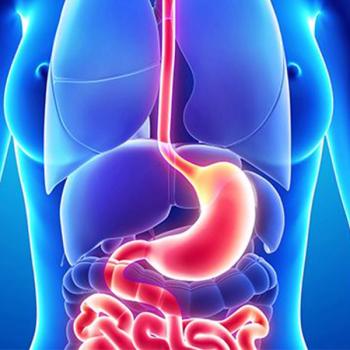
KN026 plus chemotherapy improved PFS in patients with previously treated HER2-positive advanced gastric or GEJ cancer.

Neoadjuvant and adjuvant durvalumab plus FLOT followed by durvalumab monotherapy improved EFS for patients with resectable gastric or GEJ cancer.

The FDA has approved treatment with pembrolizumab plus trastuzumab and chemotherapy for HER2+ gastric/GEJ adenocarcinoma with PD-L1 CPS of 1 or greater.

The phase 3 COMPETE trial found that ITM-11 met its primary PFS end point and demonstrated a positive trend in OS for patients with GEP-NETs.

T-DXd delivered an OS benefit for patients with unresectable or metastatic HER2-positive gastric and GEJ adenocarcinoma following trastuzumab-based treatment.
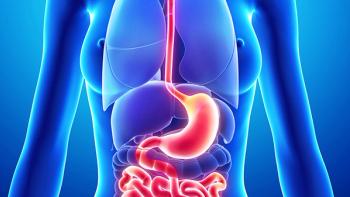
The FDA granted SIGX1094 fast track status as a treatment option for diffuse gastric cancer.

The addition of trastuzumab and pertuzumab to chemotherapy was associated with increased toxicity in patients with HER2-positive gastric cancers enrolled in the INNOVATION trial.

The phase 2 FDZL-001 trial showed high overall survival and progression-free survival rates with camrelizumab plus Nab-POF in patients with gastric/GEJ cancer.

Findings from this survey also demonstrated that 23% of providers were comfortable with interpreting biomarker testing results for treatment decision-making.

Five-year data shows lasting benefit for patients with advanced gastroesophageal cancers treated with nivolumab and chemotherapy.

SHR-1701 plus CAPOX chemotherapy reduced treatment delays and dose reductions compared with placebo plus CAPOX in HER2-negative gastric/GEJ cancer.

Nivolumab plus chemotherapy improved long-term survival in Chinese patients with advanced gastric, GEJ, or esophageal cancer.

Nivolumab and hyaluronidase-nvhy (Opdivo Qvantig) was approved by the FDA for subcutaneous injection across approved solid tumor indications for nivolumab (Opdivo).

The FDA approved tislelizumab plus chemotherapy for the first-line treatment of unresectable or metastatic gastric or GEJ adenocarcinoma.

Zenocutuzumab received accelerated approval from the FDA for the agent to treat non-small cell lung cancer (NSCLC) or pancreatic adenocarcinoma (PDAC) harboring an NRG1 gene fusion.

The FDA approved a companion diagnostic to identify patients with biliary tract cancer eligible for treatment with zanidatamab.

Approximately one-third of patients with pancreatic cancer and anxiety had a palliative care consultation, data showed.

Mitazalimab combined with mFOLFIRINOX led to responses and survival benefits in patients with metastatic pancreatic ductal adenocarcinoma.

The FDA extended the Prescription Drug User Fee Act date for the biologics license application seeking approval of zenocutuzumab for NRG1-positive lung and pancreatic cancer.

Here’s a roundup of FDA approvals in the oncology space from October 2024.

The PDUFA dates have been pushed for sotorasib and obeticholic acid for metastatic colorectal cancer and primary biliary cholangitis, respectively.

The FDA approved zolbetuximab-clzb plus fluoropyrimidine- and platinum-containing chemotherapy for patients with CLDN18.2-positive locally advanced unresectable or metastatic HER2-negative gastric or gastroesophageal junction (GEJ) adenocarcinoma.

The FDA granted namodenoson an orphan drug designation for patients who have pancreatic cancer.

ODAC voted against the use of PD-L1 expression as a predictive biomarker in gastric cancers.


